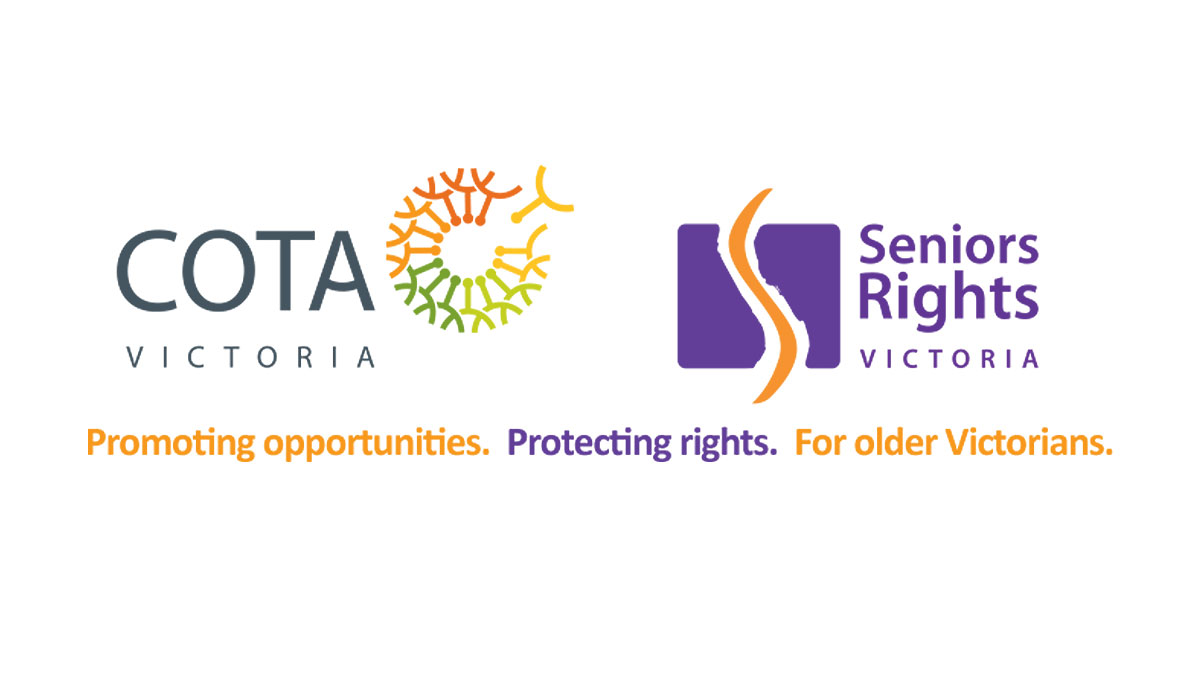From 19 June 2019, Victoria’s voluntary assisted dying law allow a person in the late stages of advanced disease to take medication (prescribed by a doctor) that will bring about their death at a time they choose.
Who is eligible
A person will only be eligible to access voluntary assisted dying if they:
- have an advanced disease that is expected to cause death within six months (or within 12 months for neurodegenerative diseases like motor neurone disease) and that is causing the person unacceptable suffering
- are able to make a decision about voluntary assisted dying and communicate it to their doctor
- are an adult aged 18 years and over
- have been living in Victoria for at least 12 months, and
- are an Australian citizen or permanent resident.
Safeguards in the legislation
A person’s decision to ask for voluntary assisted dying must be:
- voluntary – the person’s own decision
- consistent– the person makes three separate requests for voluntary assisted dying during the process
- fully informed– the person is well-informed about their disease, and their treatment and palliative care options).
The law has many safeguards to make sure that it is the person’s own decision and that no one is under any pressure to request voluntary assisted dying.
Only a general practitioner (GP) or specialist doctor can help a person through the process to seek voluntary assisted dying. Other health practitioners, such as nurses and residential aged care staff, can give information, but can’t help the person access the medication.
Medical practitioners will also have to undertake specific training and registration before they can take on the role of co-ordinating or consulting medical practitioner.
The Victorian Government has put together detailed information about voluntary assisted dying for consumers and the community, including information in community languages.
Support
If this article raises issues of grief or personal distress we encourage you to raise this with your GP or health practitioner. You can also call the following services for support:
- Lifeline (13 11 14) offers telephone or online support and counselling 24 hours a day, 7 days a week
- Australian Centre for Grief and Bereavement(1800 642 066) offers specialised bereavement counselling and support groups for individuals, children and families.
